If you’re thinking about buying your first house, this quick guide will give you the confidence you need to get your feet on the ladder.
Do I need House Insurance?
Yes – once the contracts are agreed, you become legally responsible for the house you’ve bought. We suggest you buy your insurance from the day you exchange to avoid being uninsured for the days and even weeks before you move in.
What does leasehold mean and what charges do I have to pay if I have a leasehold property?
Leasehold means that you own the property but the land on which your property is built is owned by someone else, the Freeholder. The freeholder owns the land and the property. You may occupy the property for as long as your lease is valid. They tend to be flats and apartments, converted buildings, homes above shops and offices or new builds blocks.
Having a leasehold property means you will probably have to pay service charges to the freeholder which can include:
•Repairs, maintenance and improvements to communal areas or the building structure
•Building insurance
•Management company costs
•Lighting, heating and cleaning of communal areas
When considering a leasehold property, ask these questions:
•What are the number of years remaining on the lease?
•What are the ground rent costs, when are they payable and the details of if or how they will increase over time?
•What are the annual service charge costs and when are they payable?
•What are the details of any event-related fees and charges payable under the lease?
•What is the rent payable in the case of a shared ownership arrangement?
•What are the details of any other fees or charges contained in the lease?
•What is the total balance of the sinking fund?
•What are the details of any unusual restrictions or covenants affecting the use and enjoyment of the property?
What does shared ownership mean?
Shared ownership offers you the chance to buy a share of your home, usually between 25% and 75% of the home’s value, if you are unable to get a mortgage on 100% of your home. You then pay rent on the remaining % of the house.
It can be a great way to get on the property ladder, but keep in mind that it may restrict your options when it comes to selling as there are fewer lenders that offer shared ownership mortgages. Shared ownership properties are often sold on a leasehold basis.
When do I set up house utilities like water, electricity and gas?
Utilities should be set up once you have exchanged and have your completion date arranged. However, if you forget, your gas and electric will automatically be transferred to the old homeowner’s energy provider (or providers). Your solicitor would have the previous suppliers’ details and it’s highly recommended that you compare energy suppliers to get the best energy tariff for you.
Water bills are different from your energy suppliers as there is no choice, it just depends on where you live. But, you can manage your water bills smarter by installing a water meter so you only pay for what you use.
How do I set up our council tax?
This is pretty easy. To set up your council tax you need to contact your local council. They will register you and send you your new Council Tax bill and tell you how and when to pay.
Do I need to change my address once I’ve moved?
Yes. Although you can use a Post Office mail redirection service, ensuring that the DVLA, DWP and the UK Visas and Immigration services are informed means avoiding a hefty fine as well as ensuring that your personal details don’t fall into the wrong hands.
It may seem like a chore but making a list of all the companies and organisations you need to inform now and working through them methodically will save you time in the long run.
Read our blog on what you need to remember when you're changing your address.
https://giggsandco.com/blog/change-of-address-checklist/28915
How does a property chain affect me?
First of all, a property chain is a situation where the house that you are buying is relying on further purchases and sales to be available.
As a first-time buyer, you’re in the best position to buy a house, but the person you’re buying from may have a chain above them. It’s not uncommon for chains to include six or seven sets of transactions and it can seem rather daunting to begin with. Remember though, you can only be directly affected by the link above you.
You can try and manage the risks of delays or collapsing chains by:
•Trying to find a seller that isn’t part of a chain or if they are, a small one.
•Encourage your solicitor or legal advisor to work quickly towards the exchange.
•Respond quickly to any questions as a delayed response could cause bottle necks.
Can I buy at auction as a first-time buyer?
This can be a way to save you money, especially if you’re prepared to do some DIY. It’s a faster way to buy, but with that speed comes a couple of things you need to do in preparation.
First, make sure you’re familiar with the auction process, work out how much you can afford to pay for the property and associated costs of purchase and then start searching for a property in your preferred area.
Secondly, if you need a mortgage, arrange this as soon as possible, as well as appointing a surveyor and a solicitor. This will help you set a realistic budget and you’ll be able to bid knowing you can afford it. Make sure you have the 10% deposit as well as any other associated costs available to you as you will need to pay that on the day of the auction if your bid is successful.
If you have further questions that aren’t on this list, then we’d be happy to help you answer them.
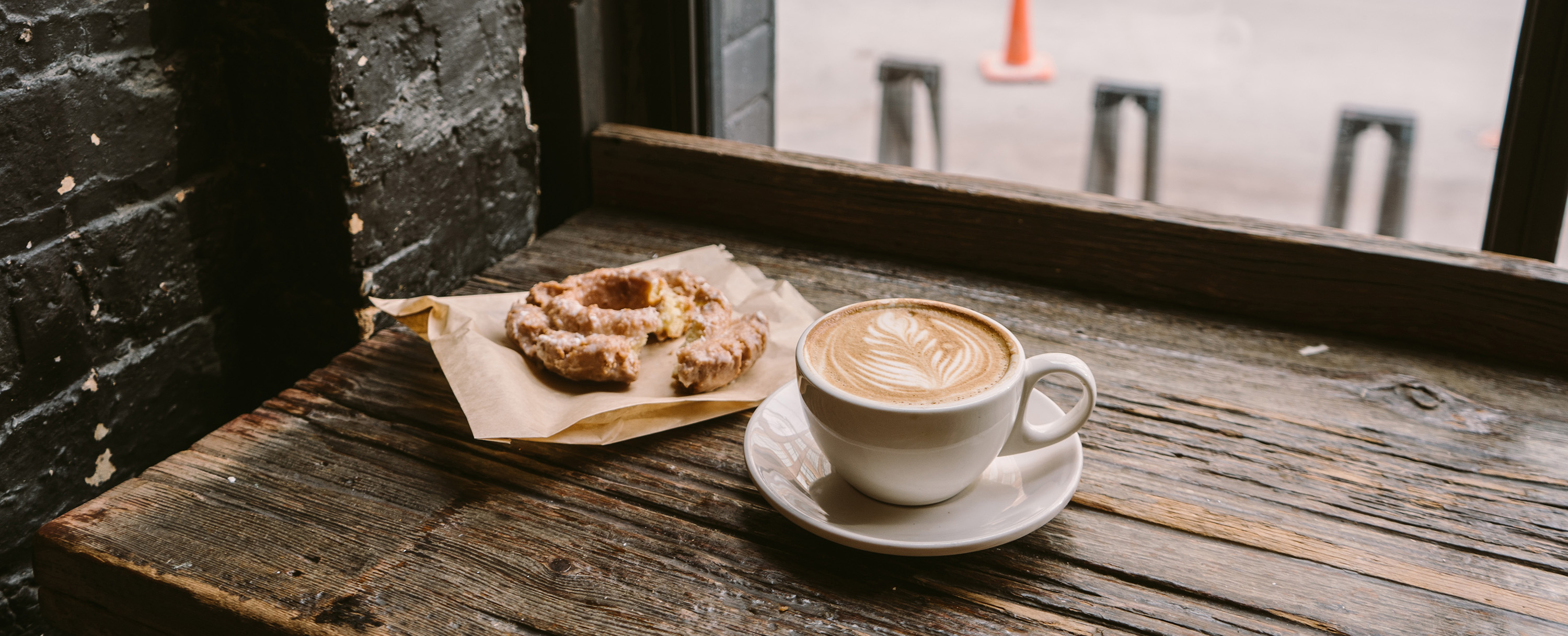
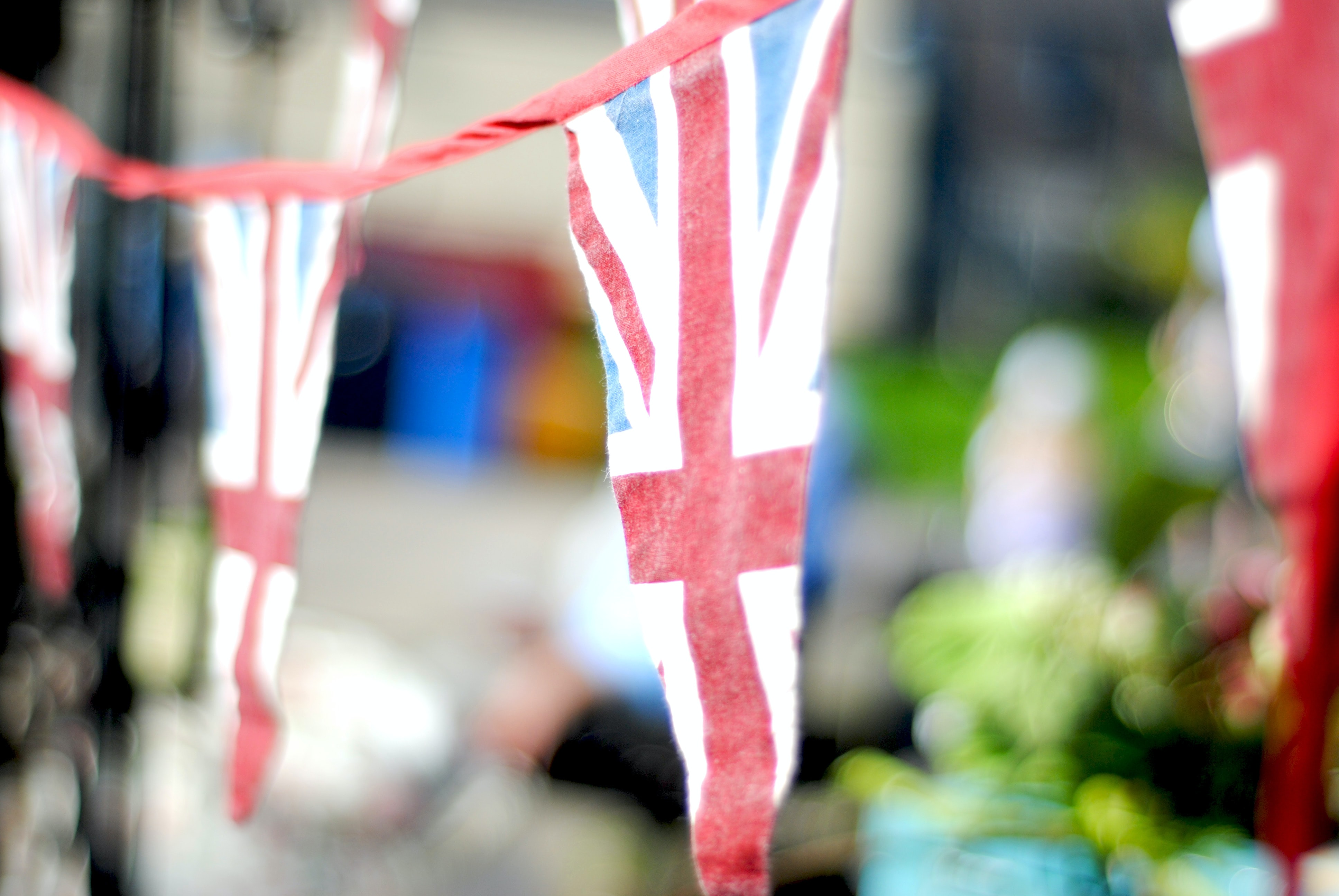
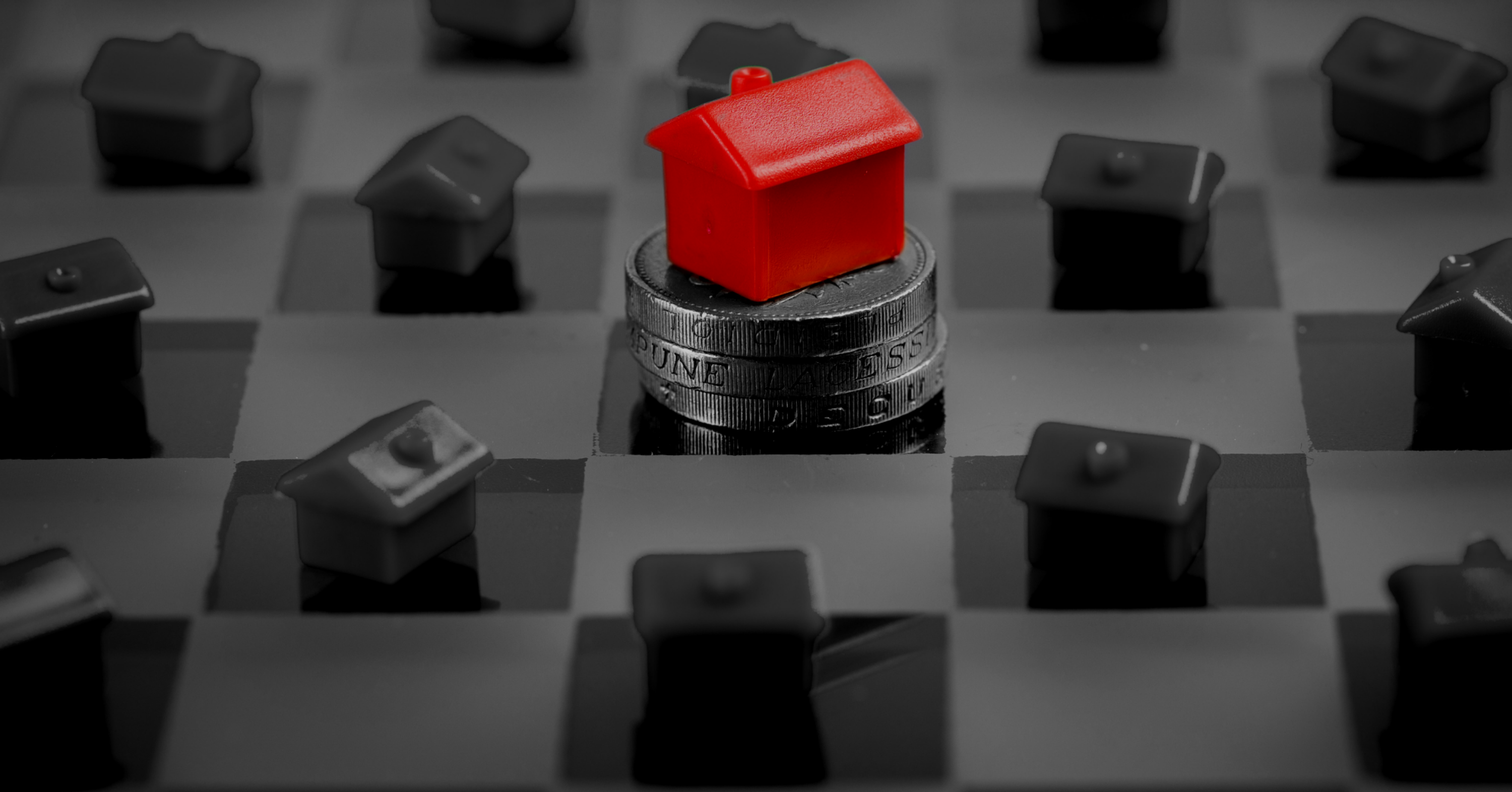

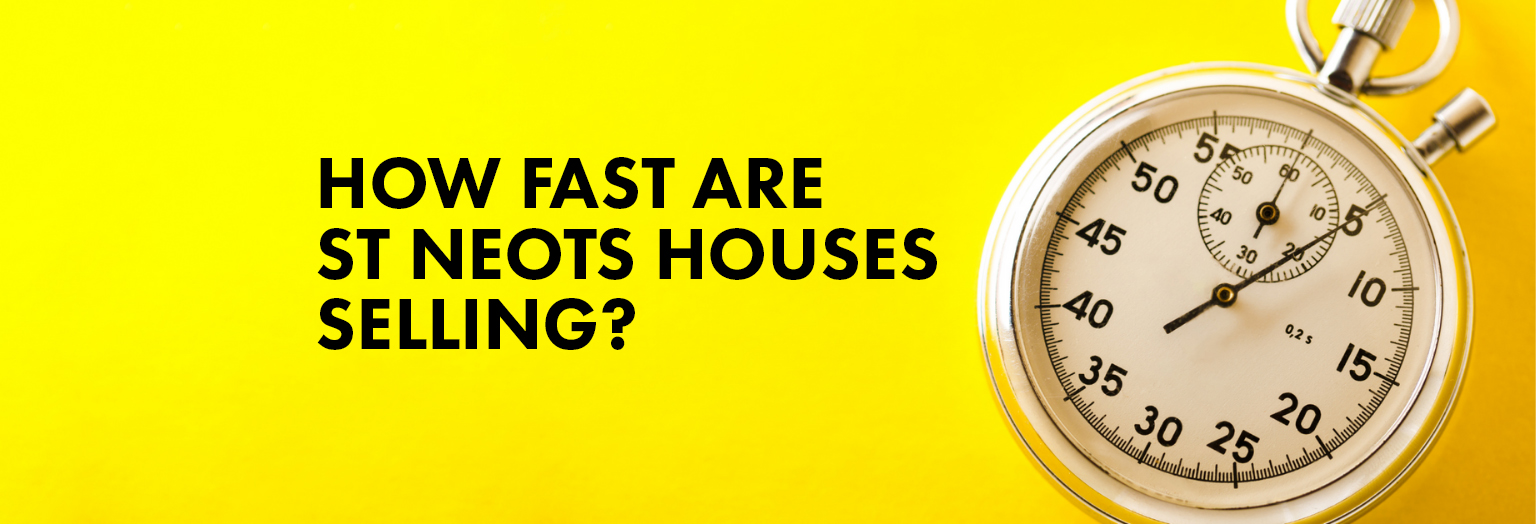
Share this with
Email
Facebook
Messenger
Twitter
Pinterest
LinkedIn
Copy this link